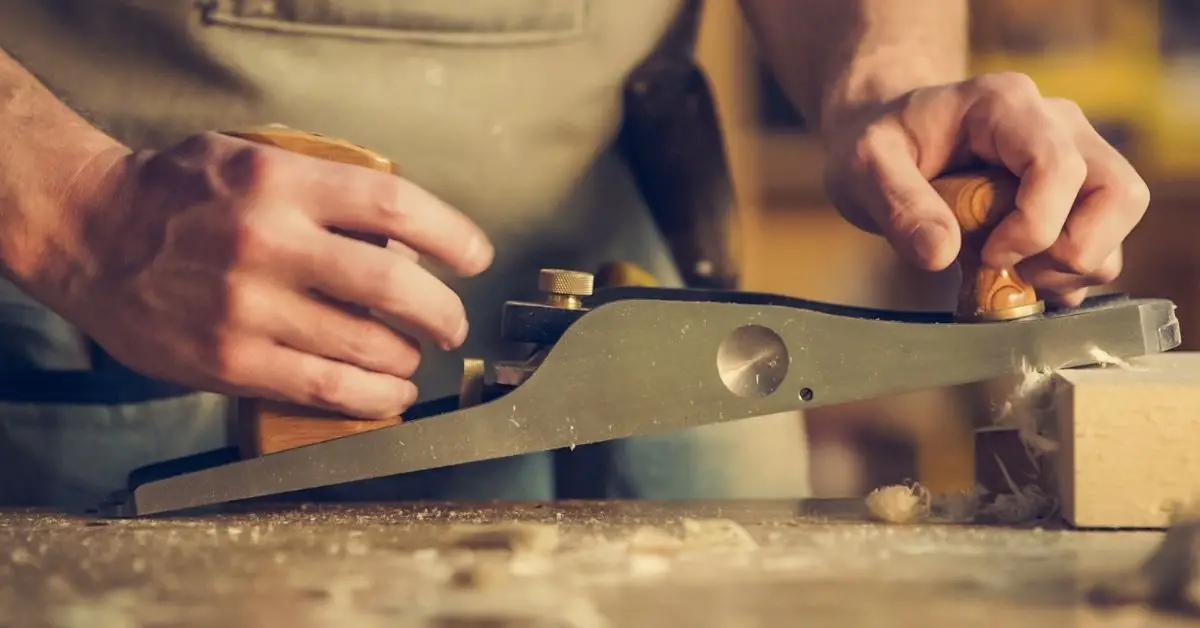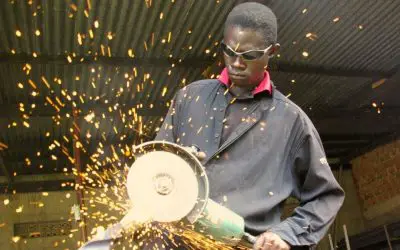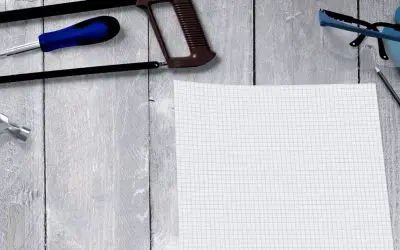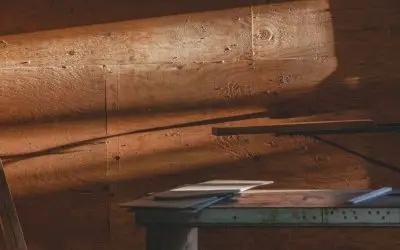Share

Woodworking is a hobby that many people are interested in. It can be very satisfying to make something with your own hands and even more rewarding when you use it. Woodworking can seem intimidating for beginners, but there are some easy tips to help you get started! Here are 9 woodworking tips for beginners.
9 Woodworking Tips for Beginners
1. Start With A Simple Project
As you may quickly discover, woodworking projects can become complicated very easily. Beginners should start by choosing something small and easy to build, so they don’t lose patience and give up. If the first few attempts at building do not work out as planned, it’s okay, just pick another project or re-evaluate how to proceed. Having a good knowledge of woodworking basics will make things easier for you.
2. The Right Tools For The Job
Before starting with any project, it is important to know the different kinds of tools available and what each one does. There are some standard types that you can start out with jigsaw, router table, lathe machine, scroll saws, etc. There are also more advanced versions that have many added features, so take your time before making up your mind about them. You may find yourself adding new equipment as time goes on, so do not feel bad if this is the case!
No matter how big or small a project seems, at first sight, having all items needed within reach makes everything much easier in the long run.
Always check the type and shape of boards available. The length and width can vary dramatically from one supplier to another so make sure you know what is the minimum acceptable size for your project.
3. Be Consistent With The Measurements
When measuring the boards to cut, always measure in feet and inches. This way you will avoid any confusion about when your project is done (and it WILL be too short). Going over each board with a pencil or marker before cutting them helps make sure all measurements are accurate. It also looks nice if there are no markings left on the finished product!
Using wooden glue for joining pieces together can impact how well they hold up after months of usage. Woodworkers often use hot-melt adhesives, but these do not last very long so using traditional woodworking glues may be more effective at holding two parts firmly together while allowing some flexibility resulting from changes in humidity levels outside. As always, make sure you read the instructions on how to work with a specific brand before applying it.
4. The Right Wood For The Job
A little research goes a long way when choosing the perfect wood for your project. By knowing what is available and where, as well as whether certain types of boards require pre-treatment prior to use, can make all the difference between an amateur-looking product and one that looks like someone has been doing this for years! Always remind yourself about who will be using or seeing your final product, so you don’t end up making something no one wants in their homes!
5. Keep Your Eyes On The Prize
The best way to avoid common mistakes is by always thinking through your actions before you do anything. As soon as something does not feel right, stop yourself and go back over the steps again the chances are that if you stop then, it will be much easier to fix than after putting in several hours of work! This should apply to any woodworking project but becomes even more important when dealing with complicated ones.
6. Choose High Quality Materials
One of the most common mistakes beginner woodworkers make is by not choosing high-quality materials for every step along the way. Once you have invested a good amount of time and money into your project, there’s nothing worse than realizing later on that something was done wrong from the beginning because it would have been easier to fix now compared with after everything has been put together! If in doubt, always go for better boards as they are more durable and will last longer without any issues.
7. Wear Protective Gear
When working with power tools and machines, it is important to wear protective gear at all times. By doing so, you will avoid any injuries that could occur from pieces of wood flying around or accidental cuts, etc. A simple pair of safety glasses can save you a lot of pain, especially when using table saws!
8. Always Note Where The Blade Will Go!
This one might sound obvious but it is amazing how many times this has to be said. If you are cutting boards, always make sure the blade stays on the outside of your workpiece, not inside or through multiple pieces at once.
Keeping a pencil or marker where you will make an incision can help avoid accidents as well by making it easy for yourself to know exactly where things should end up after being cut apart. This way there won’t ever be any confusion about which board goes in place and when assembling them together again later on with screws etc.
9. Take Your Time And Be Patient
We would like to offer the last piece of advice by taking your time and being patient whenever possible. Woodworking projects are not known for their quick turnarounds but the end result will always outweigh what seems like an eternity in front of a workbench (or computer).
Start small and do one project after another until you have built up enough experience, as this will make you appreciate each finished product you put out even more!
These tips may seem like they are common sense, but even the most experienced woodworkers have to remind themselves of all these details before starting a new project.
By following these few recommendations and advice, anyone can become good at woodworking, especially if they have the right tools for the job on hand!



0 Comments